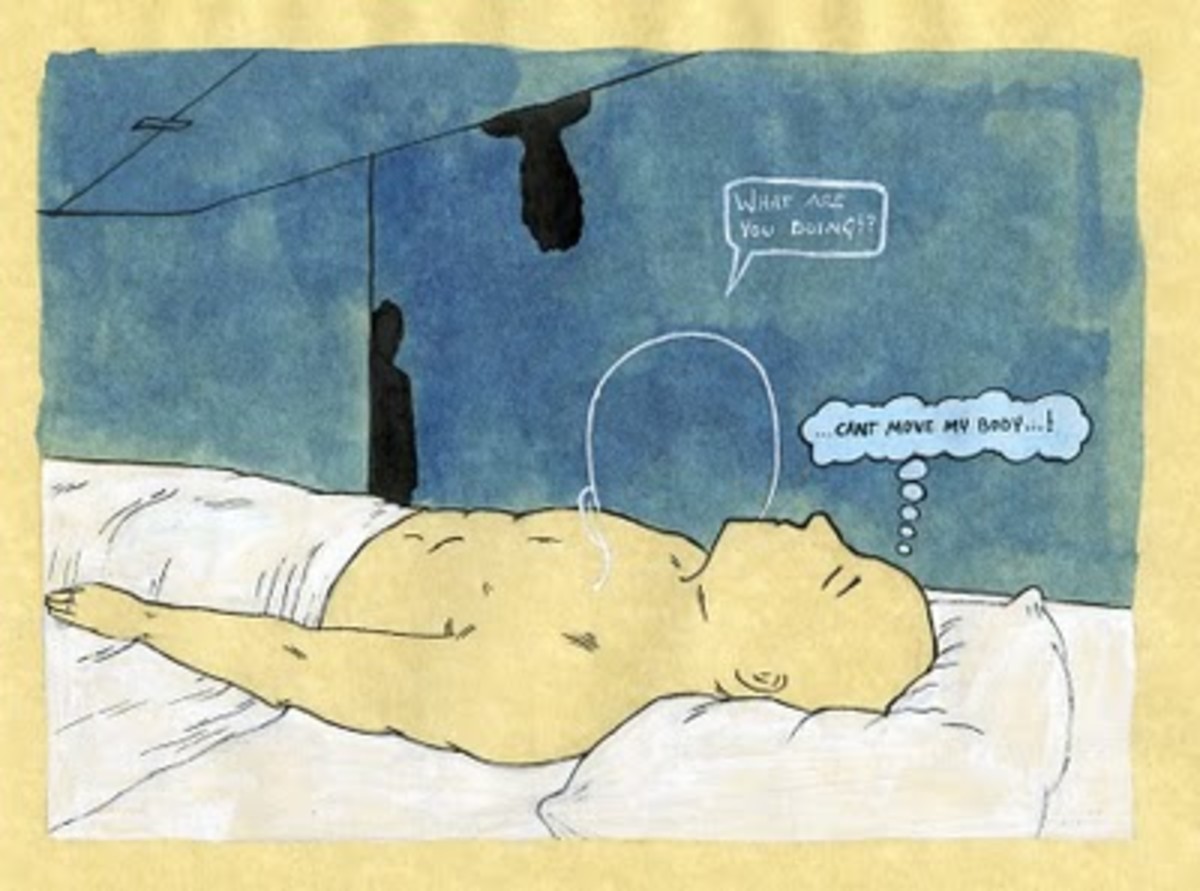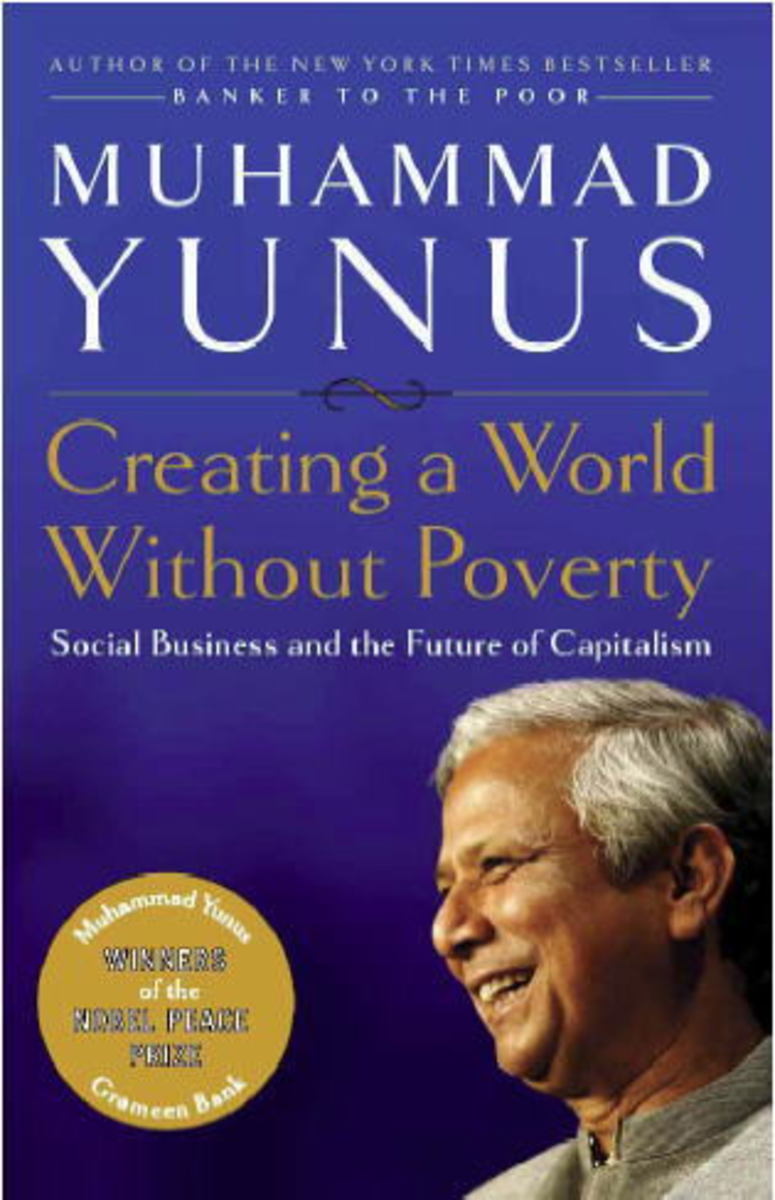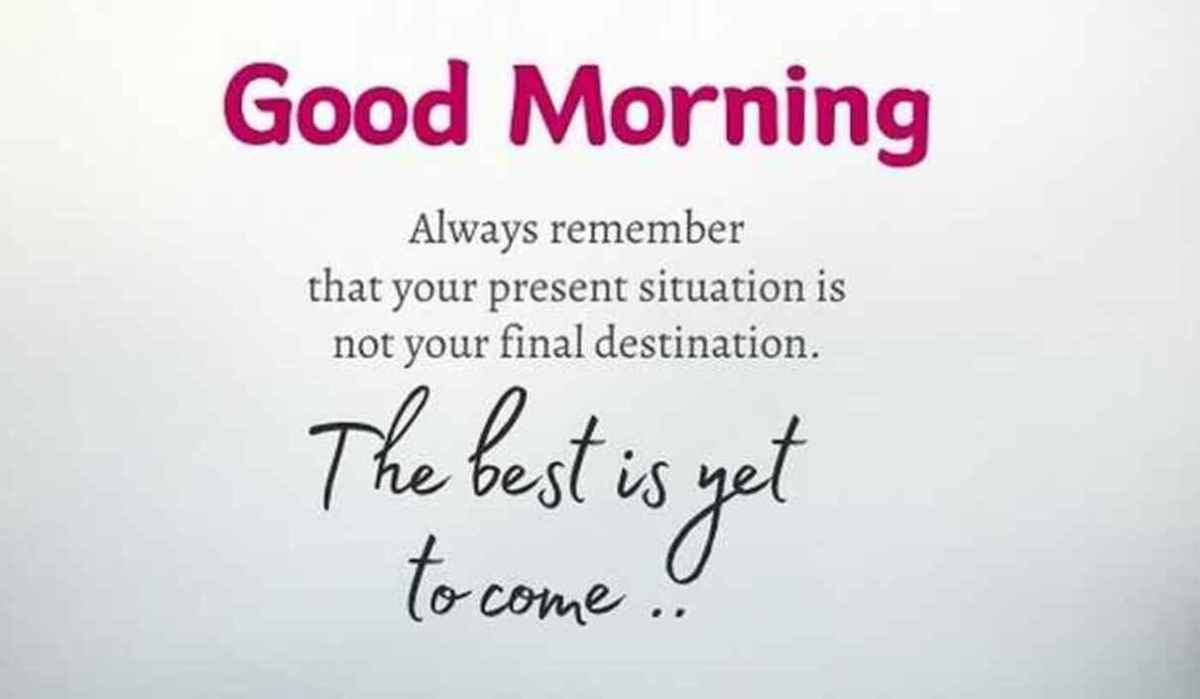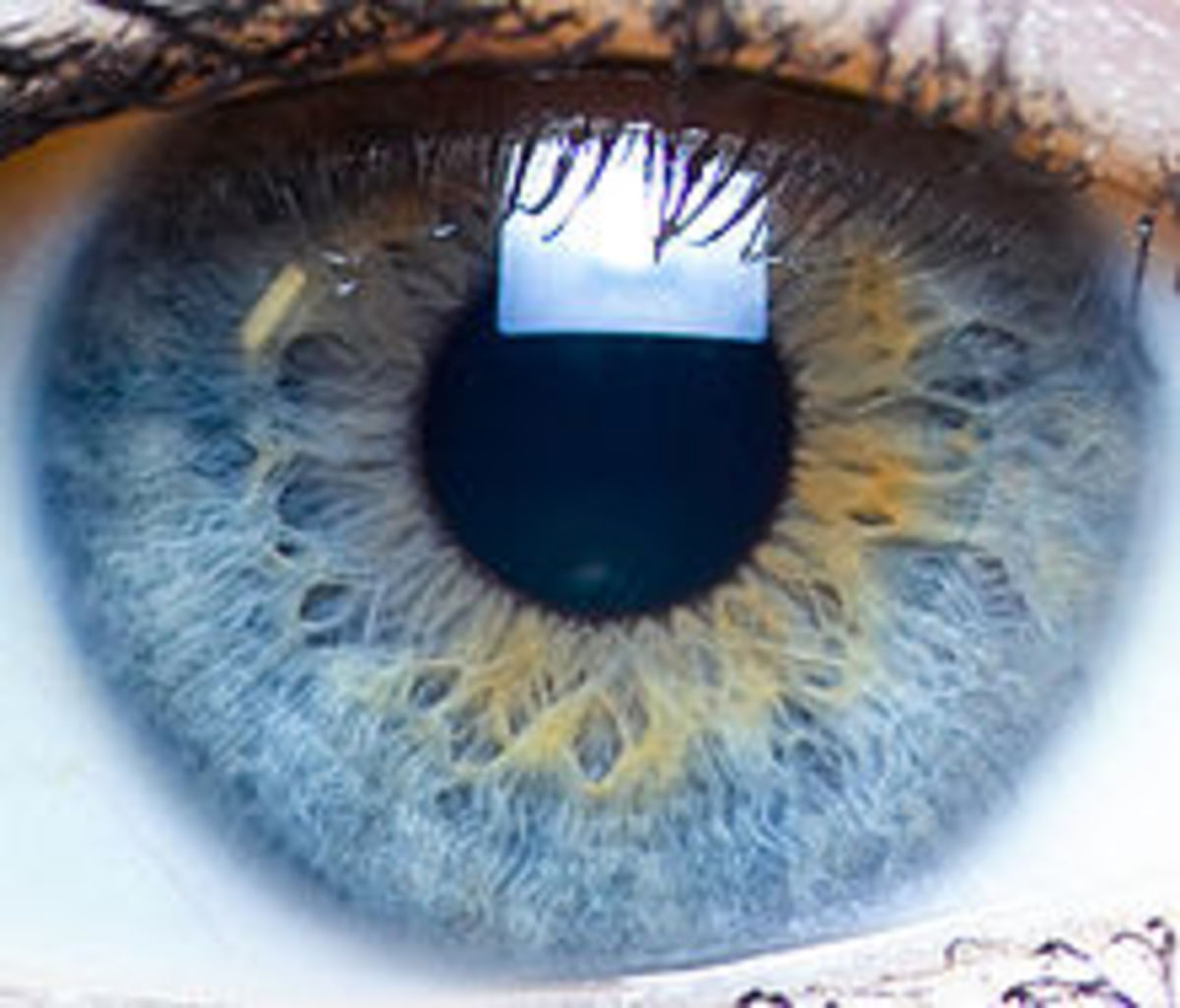Is a World Without Sleep a Dream or a Nightmare?

We are constantly pressed for time
A lot of recent innovations designed to bring convenience to our daily lives hint at how we are increasingly pressed for time. As lifestyles become busier, we demand for apps that save us the trouble of picking up groceries from the store, food that can be eaten on-the-go and voice-to-text messaging to allow us to reply emails or text messages while driving. The idea of just one extra hour every day sounds like a godsend, as we frantically multi-task our way from dawn to dusk.
Amidst the time poverty that we are afflicted with, there have been efforts to understand why we need sleep, and whether we can shorten our dependence on it. After all, while getting 25 hours a day is impossible, an extra 8 hours of time awake sounds like an equally good alternative. On top of improvements in narcoleptic drug treatments, scientists have also recently identified a gene mutation in a small group of people, allowing them to be fully energised with 4 hours of sleep. While we still have to work out how to reduce sleep requirements without wreaking havoc on our bodies, it is very much within the realms of possibility that in the future, we could tweak our genetic codes to reduce the amount of shut-eye we need, or remove our dependence on it altogether.
The potential benefits if we can go without sleep
At first glance, the idea sounds fantastic. If science can eliminate our need for sleep with no harmful side effects, we would be able to allocate more time to the things that are important to us. Overworked parents will get to spend more time with their kids, while college students can cram for final exams without the need to inhale coffee or Redbull throughout the night.We can put in more hours into our side businesses, or simply get more time to binge-watch our favourite shows after work. We would also minimise our sleep debt, which means that we would be less likely to go to work every morning feeling lousy.
On a grander scale, imagine what the greatest minds and talents in the world can achieve, if they are given 50% more time every day to dedicate to their pursuits. Progress in every single endeavour deemed worthy by the human race will accelerate, and we could perhaps experience more technological breakthroughs within our lifetimes.
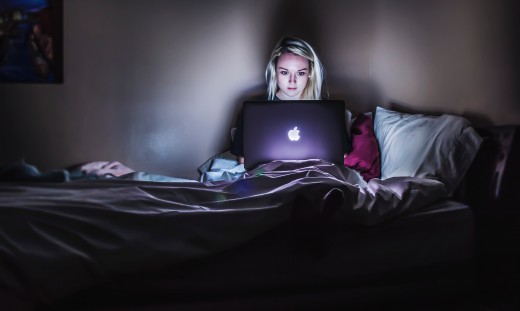
Possible consequences of a world without sleep
In reality, however, it would be a lot harder to tell if we would be actually happier without sleep, because sleep plays a big part in shaping the way we live our lives. Psychologically, waking up from a night’s sleep signifies the start of a new day, and allows us to start from a new slate. It gives us the motivation to go at our problems again, and to look at things from a different perspective. Without sleep separating our days, we might end up in a constant state of problem-solving, working on an endless stream of tasks.
Societal expectations might also change once we rid ourselves of the need to sleep. If everyone expects to be productive throughout the night, then almost all companies would need to operate on a 24-hours basis to meet our needs. Companies effectively need to double their workforce to cope with the extra hours, and with sleep no longer being a human defect that companies have to work around, we might simply end up working more hours. Timezone differences would no longer impact multinational businesses to the detriment of its employees, since there is no reason for you not to answer a midnight call from the Hong Kong office if you do not need to sleep. In other words, the definition of human rights might change if we no longer feel tired. 24-hour shifts would become a common occurrence, and an employee who refuses to work throughout the night or at least be contactable might be deemed to be lazy or uncooperative.

Conclusion
Our quest to maximise our human potential can be dangerous. We all face an immense pressure to get more things done with the same amount of time, but instead of hoping that scientists will one day invent a magical pill, so that we can spend the rest of our lives completing a never-ending to-do list, perhaps it might be better if we simply embrace our imperfections, and call it a night.


